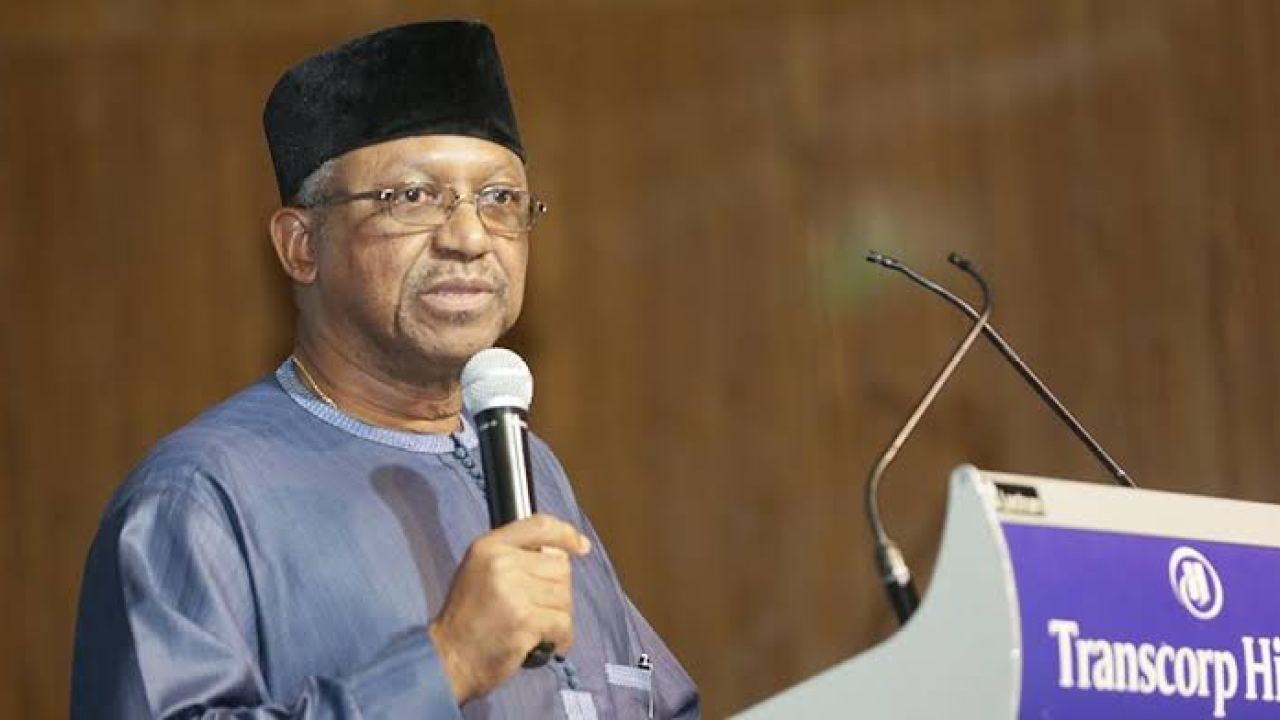The Federal Government has said that despite crossing the quarter-million mark of 262,579 Nigerians tested for COVID-19, it does not know when the epidemic curve will begin to flatten in the country.
The Minister of Health, Dr. Osagie Ehanire, said this on Monday in Abuja at the 53rd joint national briefing of the Presidential Task Force (PTF) on COVID-19.
- COVID-19: FG working to resume international flights
- COVID-19 hit Fayemi’s cabinet as commissioner, others test positive
“With 262,579 persons tested, we have crossed the quarter-million mark.
“When the epidemic curve will begin to flatten is still a matter of conjecture, given the relatively small fraction of our population that has been tested so far,” Ehanire said.
He said that the total number of confirmed COVID-19 cases in Nigeria crossed the 40,000 mark to 40,534 over the weekend, with 555 new cases recorded in the past 24 hours.
He, however, said that 17,374 have been successfully treated and discharged, while the nation regrettably recorded 858 deaths, most of them with co-morbidities.
The minister said that 60 PCR Public Health laboratories are now active in Nigeria, which together should be in a position to address testing capacity challenges and ramp up utilization if only the logistics could be improved.
According to him, this would, along with sheer community spread, be responsible for the rising trajectory of the epidemic curve in the population tested so far.
He said that the 70 to 30 male to female gender ratio and the case fatality rate of 2.1 percent have not changed significantly, as two-thirds of all fatalities remain in the over 50 year age group, while comorbidities like diabetes, hypertension, asthma, among others, are common among all fatalities.
He said, “They underscore the need to protect senior citizens and the vulnerable from infection, by giving special attention to risk communication and priority for admission for observation and treatment.
“Of utmost concern are still the asymptomatic cases, with the potential to spread the disease, of whom the young and able-bodied can be difficult to manage.”
He assured that the government would continue to strive to improve the quality of services in the hospitals as more persons are admitted to treatment, not only for COVID-19 infection but also for routine and essential care.
He said, “It is also our desire to reduce the fatality rates and expand our treatment capacity such that our Health System is not overwhelmed.
“In this regard, the FMoH expects to take delivery of the newly completed Isolation Center at UATH Gwagwalada, as other centers are under construction nationwide.”
The minister also said that the UN System in Nigeria informed of the arrival of another consignment of essential COVID-19 related commodities on Sunday, to be officially handed over to Nigeria.
“We remain appreciative of the UN System for this gesture and their consistent support, which greatly increases our reserves and recognizes our needs, especially of oxygen concentrators and PPEs, but also reassures our frontline health workers that we are well stocked and can ensure availability of essential items and consumables at point of use,” Ehanire said.
He also formally introduce the new Country Representative of the World Health Organization (WHO), Dr. Walter Kazadi Mulombo, who assumed duty in Abuja some days ago.
On the coming Sallah celebration, Ehanire urged Muslims and all Nigerians to continue to adhere strictly to the COVID-19 protocols and to reduce the risk of transmission amidst the celebration, especially on wearing facemask, hand-washing, and use of sanitizers among others.

 Join Daily Trust WhatsApp Community For Quick Access To News and Happenings Around You.
Join Daily Trust WhatsApp Community For Quick Access To News and Happenings Around You.


